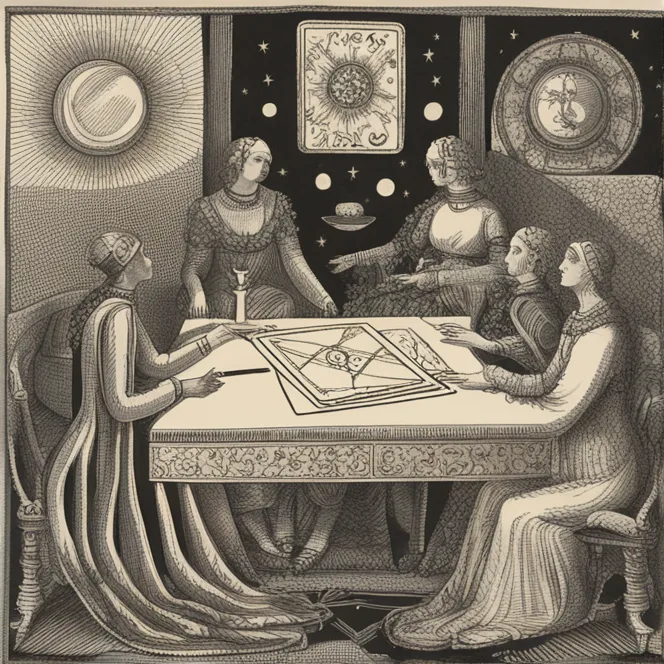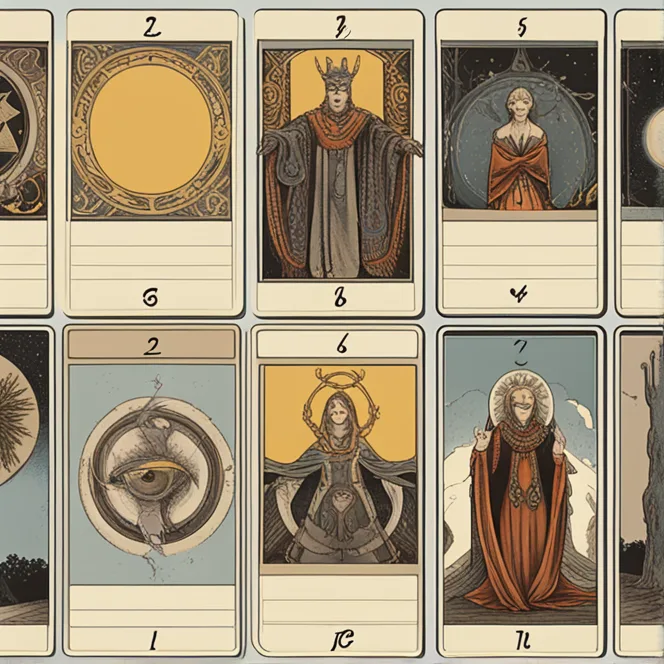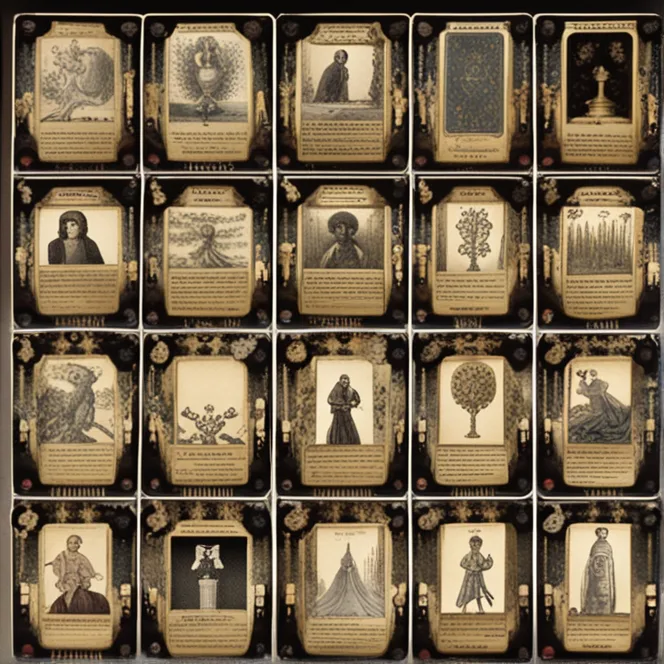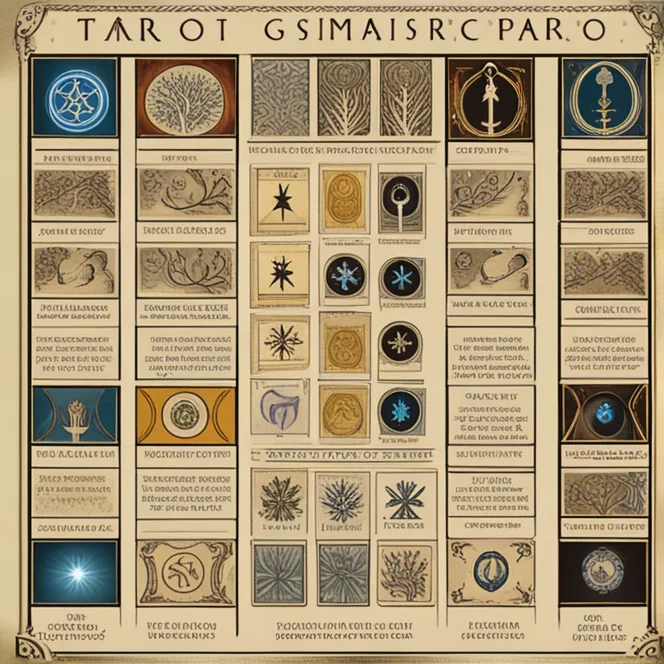
The allure of tarot cards has spanned centuries, inviting a myriad of opinions on their nature. From Renaissance parlor games to today's spiritual explorations, tarot remains shrouded in mystery. At the heart of the debate are the patterns, the perceived predictions, and the weight of tradition they carry. Proponents of tarot suggest that these cards offer a supernatural conduit to the unknown; skeptics assert they are simple illustrations given power by belief alone.

Tracing back to the 15th century, tarot cards began as a deck for entertainment, evolving only later into the mystical oracle we recognize today. Any supernatural associations were subsequent additions, wrapped around the initial practicality of a deck of cards. These historical anecdotes serve as reminders that what we often consider eternally mystical can have mundane beginnings, suggesting that the supernatural element of tarot cards may well be a human-imposed construct.

Each tarot card is rich with symbolism, offering a plethora of interpretations that vary widely among tarot readers. The skill in reading tarot cards lies not in evoking spirits or casting spells, but in understanding the deep symbolism and applying it o individual experiences. This psychological interplay may seem supernatural to some because it connects with subconscious thought patterns, but it aligns more closely with the human affinity for narrative and meaning.

In the modern context, many individuals turn to tarot readings for personal insight and guidance. The outcomes of these readings, while they may feel attuned to personal fates and future events, are heavily influenced by the reader's interpretation and the querent's psychology. The tarot is said to bring to light what is already present in the subconscious, which some might argue gives it a supernatural feel; however, it can also be seen as a tool for self-reflection and growth.

From a scientific point of view, there is no empirical evidence to support the claim that tarot cards are supernatural. They have not withstood rigorous tests for predicting events or channeling otherworldly forces. Rather, their "predictions" might be attributed to the psychological effect known as the Forer effect, where individuals believe vague and general statements to be highly personal and accurate.
Looking forward to 2024 and beyond, the role of tarot in crafting horoscopes and making predictions remains undiminished. Even without scientific backing, tarot's narrative continues to evolve, as do the ways in which practitioners incorporate modern elements into ancient practice. Whether through apps, online readings, or traditional deck-and-cloth layouts, the tarot remains a favored tool for those seeking guidance and connection to the cosmic narrative.
While debates about the nature of tarot cards—whether supernatural or symbolic—continue, the answer perhaps lies in individual belief and experience. For those drawn to the mystical, the tarot can be a powerful gateway to unseen realms. For the skeptics, it can serve as a mirror into the psyche. What's undeniable is the tarot's enduring appeal, regardless of the presence or absence of supernatural origins.
Published: 12/15/2023
Modified: 12/15/2023
More predictions
Come back here soon to learn more about yourself and your future


Deciphering The Symbolism Of Tarot Cards
A concise guide to the symbolism and interpretation of tarot cards for insight and divination.


Tarot or Oracle: Which Cards Speak To You?
Discover the distinctions and unique features of tarot and oracle cards to enhance your divination practices.


The Role Of Pentacles In Tarot Wisdom
Delve into the practical wisdom of the Pentacles in tarot, their earthy symbolism and their significance in readings.